Engaging with the public online is here to stay – so join our training to learn how to deliver polished, interactive experiences for your audiences. We’ll also have training on how to take your public engagement to the next level – creating a strategy to identify where to focus your energy for the greatest impact.
Meaningful Online Engagement
22/11/2021 – 09:30-12:00
Online
Public engagement is now often as likely to take place online as it is in person. But how do you tailor your approach to take account of a virtual event? And how can you harness the unique benefits of engaging with your audience online?
We are delighted to be able to team up with the National Coordinating Centre for Public Engagement (NCCPE), who will use their experience and expertise to provide an invaluable guide to running online public engagement events. The training session is aimed at people who are thinking about taking their public engagement online and would like guidance about how to do it well.
This bespoke interactive workshop will provide an opportunity to consider if and how to translate public engagement plans to an online context. Looking at purpose, people and process, the course provides an opportunity to think through how to design engagement, top tips on how to ensure attendees get the most out of the engagement, and ideas for how to evaluate it. Participants will have the opportunity to explore some case studies of practice, before considering how to apply the framework to their own work.
▸ Learning objectives
- To develop confidence in engaging publics online and be inspired by examples of high quality online engagement
- To support delegates to consider if and how their engagement can be adapted for an online context, and what the strengths and opportunities of online engagement are
- To introduce processes and tools for online engagement, and think about how these can be applied to delegate’s own engagement work
- To highlight key considerations to make when planning online content- purpose, people, principles, and evaluation
By the end of the session, you will have an understanding of how to plan an effective public engagement event online.
High Quality Public Engagement
13/12/2021 – 10:00-12:30
Online
Public engagement is an open, two-way process that can reap tremendous benefits for our researchers, the university and society. To find out how it can enrich your research, ensure its relevance to your wider public and build trust with partners and stakeholders, sign up for this session on High Quality Public Engagement.
We have teamed up with the National Coordinating Centre for Public Engagement (NCCPE), who will bring their expertise to this bespoke training session for BU researchers.
In this workshop, participants will have the opportunity to examine a series of frameworks and tools that can be used to develop high quality public engagement with research. In applying these tools – through case studies, activities and discussions – delegates will develop a more strategic approach to their public engagement practice.
It is aimed at people with experience of public engagement with research (e.g.: those who are highly experienced in one type of public engagement, those who have tried lots of different types, or those who have done engagement in other contexts) looking to take stock and develop a more strategic approach to their public engagement.
▸ Learning objectives
- Explore frameworks and concepts that deepen thinking about People, Purpose and Process
- Apply those explorations to your own work
- Consider how to take the concepts into your own work in the future
By the end of the session, you will be able to take a more strategic approach to your public engagement activity.
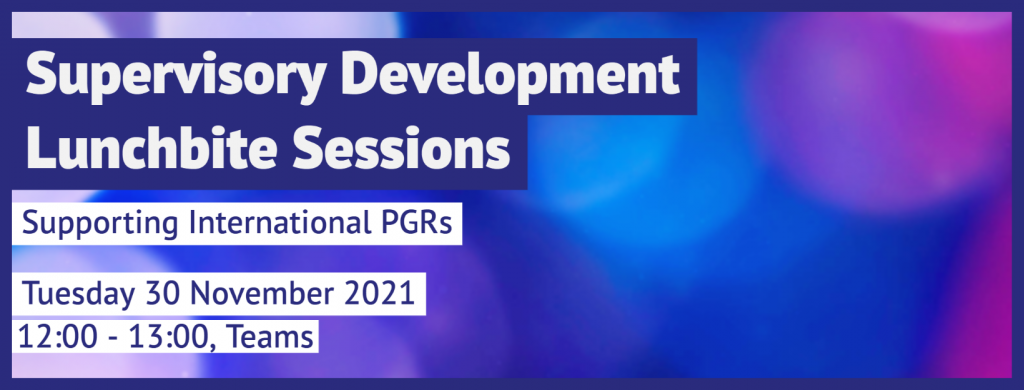
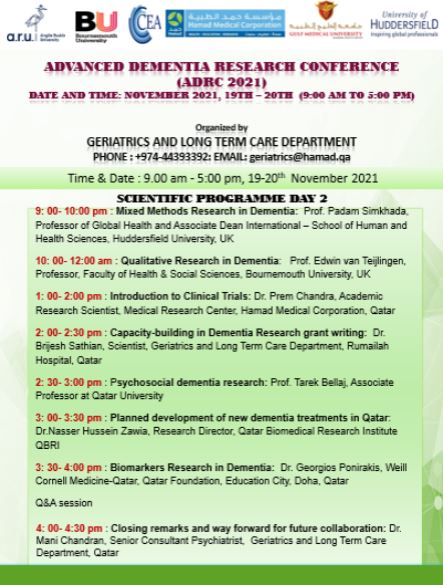
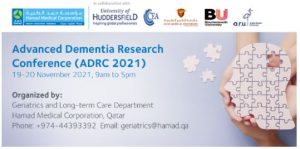
 Do you want to ensure your research has real-world impact? Would you like to understand how to integrate impact into your project plan to enhance the chance of getting funding? This new online impact training session provides the tools and insights you need.
Do you want to ensure your research has real-world impact? Would you like to understand how to integrate impact into your project plan to enhance the chance of getting funding? This new online impact training session provides the tools and insights you need.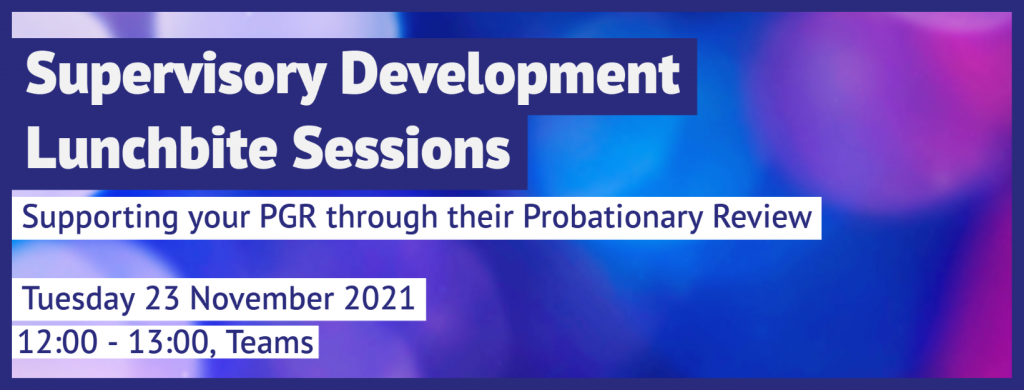


 The NCCPE has an international reputation for inspiring and supporting universities to engage with the public and we are delighted they are able to deliver the following programme of workshops this year for us:
The NCCPE has an international reputation for inspiring and supporting universities to engage with the public and we are delighted they are able to deliver the following programme of workshops this year for us: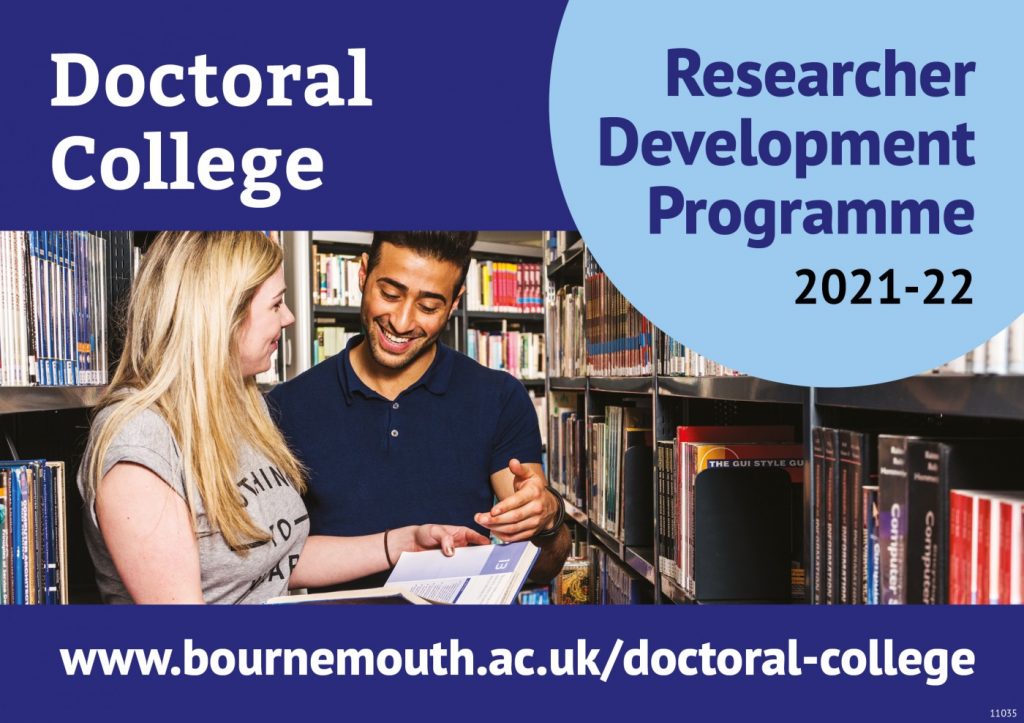 Postgraduate researchers and supervisors, hopefully you have seen your monthly update for researcher development e-newsletter sent earlier this week. If you have missed it, please check your junk email or you can
Postgraduate researchers and supervisors, hopefully you have seen your monthly update for researcher development e-newsletter sent earlier this week. If you have missed it, please check your junk email or you can 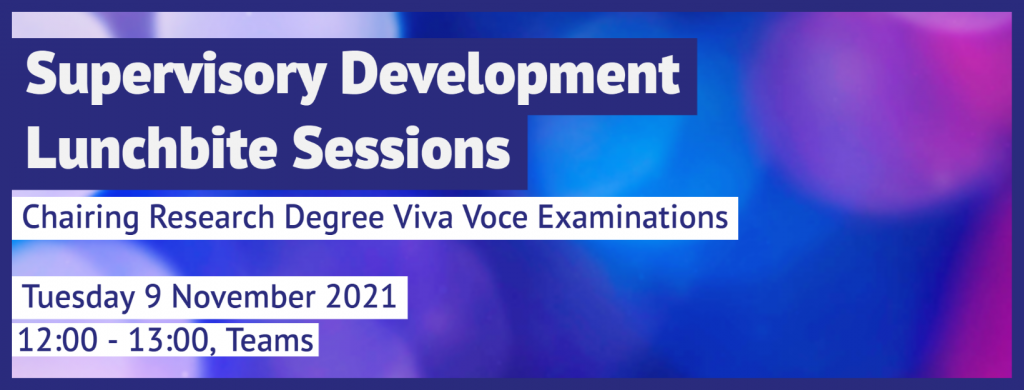
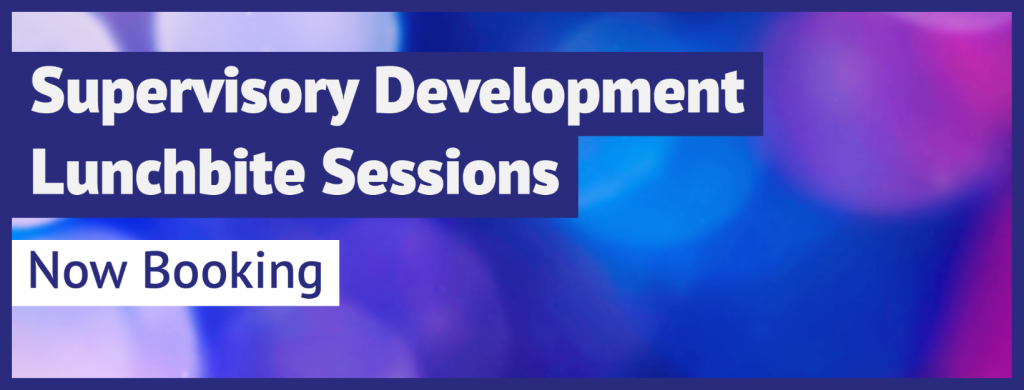
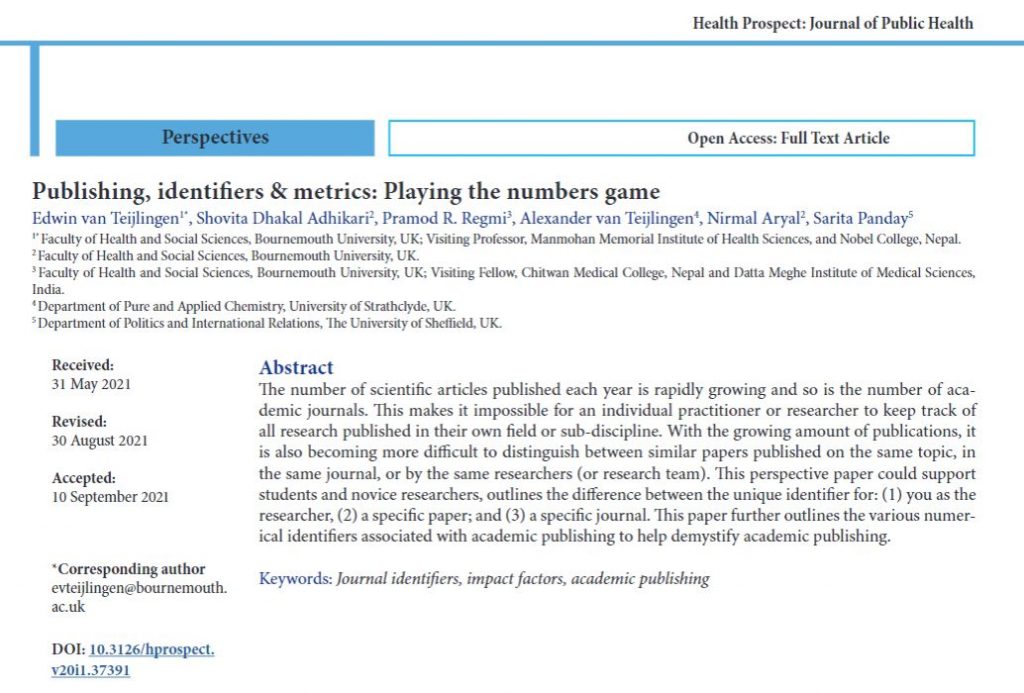
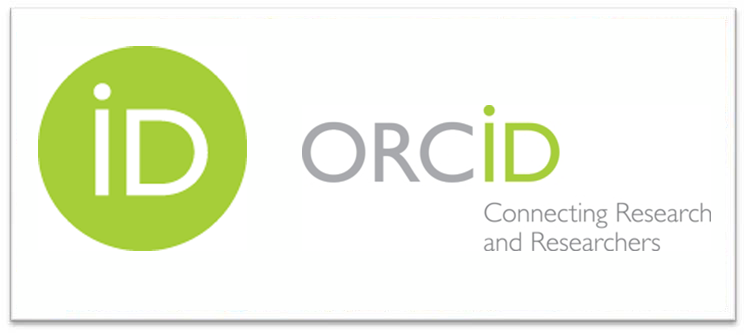














 Beyond Academia: Exploring Career Options for Early Career Researchers – Online Workshop
Beyond Academia: Exploring Career Options for Early Career Researchers – Online Workshop UKCGE Recognised Research Supervision Programme: Deadline Approaching
UKCGE Recognised Research Supervision Programme: Deadline Approaching SPROUT: From Sustainable Research to Sustainable Research Lives
SPROUT: From Sustainable Research to Sustainable Research Lives BRIAN upgrade and new look
BRIAN upgrade and new look Seeing the fruits of your labour in Bangladesh
Seeing the fruits of your labour in Bangladesh ECR Funding Open Call: Research Culture & Community Grant – Apply now
ECR Funding Open Call: Research Culture & Community Grant – Apply now ECR Funding Open Call: Research Culture & Community Grant – Application Deadline Friday 12 December
ECR Funding Open Call: Research Culture & Community Grant – Application Deadline Friday 12 December MSCA Postdoctoral Fellowships 2025 Call
MSCA Postdoctoral Fellowships 2025 Call ERC Advanced Grant 2025 Webinar
ERC Advanced Grant 2025 Webinar Update on UKRO services
Update on UKRO services European research project exploring use of ‘virtual twins’ to better manage metabolic associated fatty liver disease
European research project exploring use of ‘virtual twins’ to better manage metabolic associated fatty liver disease